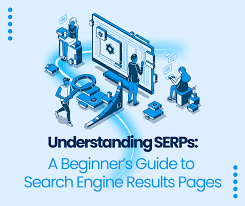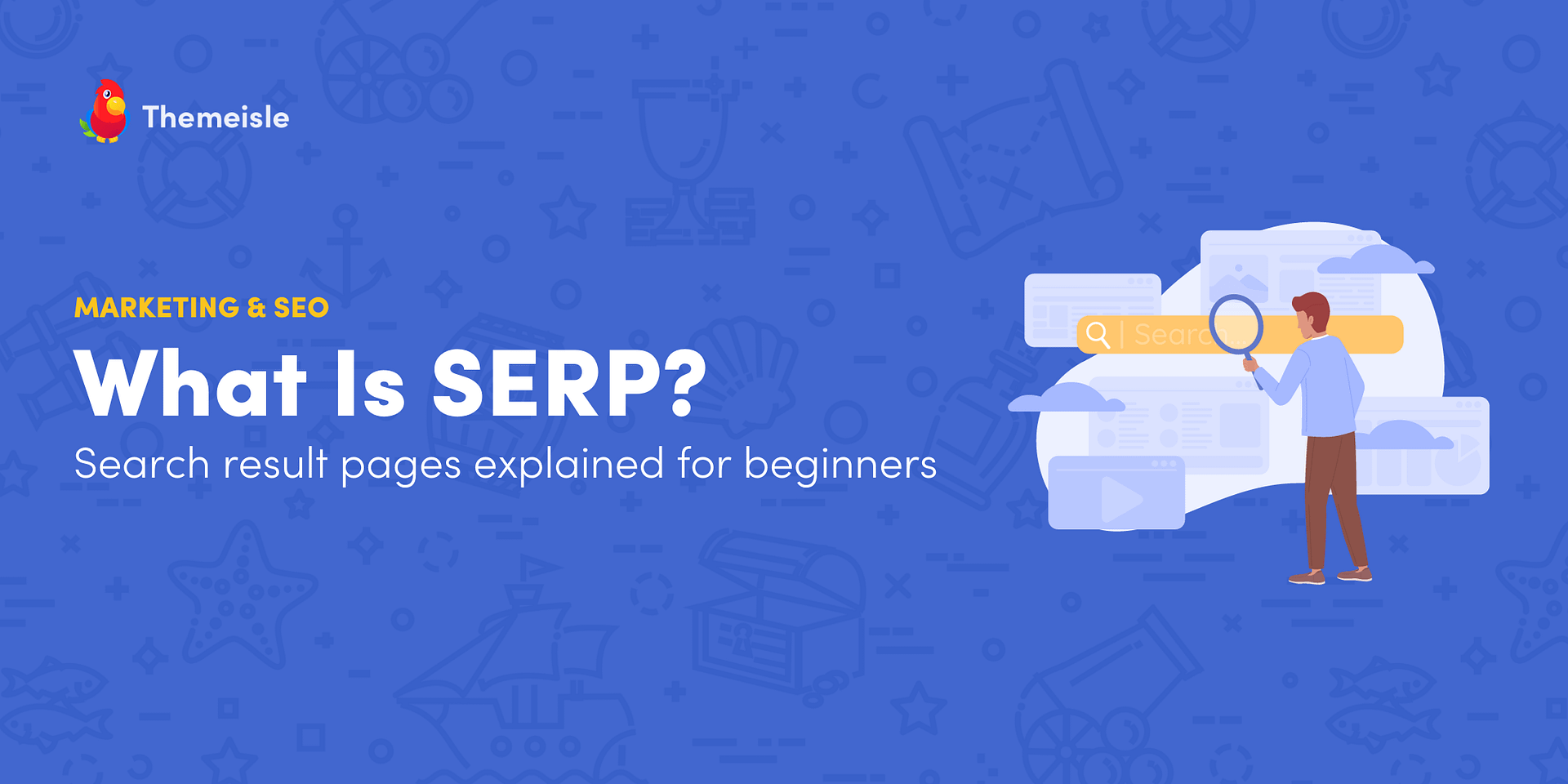SERP is very important for anyone who wants their website to be seen online. SERP, or Search Engine Results Page, shows all the results when someone searches on Google, Bing, or other search engines. If you want more people to visit your website, understanding SERP is key. Every website owner, blogger, or business needs to know how SERP works. It is like a map that guides people to the information they are looking for. When your website appears on the first page of SERP, more people will see it, click on it, and trust your content. SERP is not only about showing links; it also shows special results like images, videos, local maps, and featured snippets. These can help your website get noticed faster.
SERP changes all the time. Search engines update their rules to give users the best results. This means websites must also update their content regularly. Good content, fast website speed, mobile-friendly design, and proper keywords all help your website appear higher in SERP. Understanding how SERP works also helps you see what your competitors are doing. By learning about SERP, you can improve your website, attract more visitors, and grow your business online.
Table of Contents
How SERP Works
SERP works based on complex algorithms that search engines use to decide which websites to show. Google, for example, looks at hundreds of factors when ranking pages. Some of the most important factors include keywords, content quality, website speed, mobile-friendliness, backlinks, and user experience. Keywords are the words people type in the search bar. If your website content includes the right keywords, it has a better chance of appearing in SERP. Content quality matters because search engines want to show accurate, helpful, and original information. Backlinks, which are links from other websites to your site, show search engines that your content is trusted. User experience, including easy navigation and fast loading speed, also affects SERP ranking.
Types of SERP Results
SERP is not the same for every search. Different searches can show different results based on intent. Here are the main types of results you can find in SERP:
- Organic Results: These are natural results that appear because of content quality and relevance.
- Paid Ads: These appear at the top or bottom of SERP and are marked as ads.
- Featured Snippets: These are highlighted boxes that answer questions directly.
- Local Pack: Shows businesses near the searcher’s location, often with a map.
- Images and Videos: Some searches show images or videos related to the query.
- People Also Ask: Lists questions related to the original search.
Knowing these types helps website owners design their content to appear in different parts of SERP.
Why SERP Is Important

SERP is very important because it determines how many people see your website. Most people do not go past the first page of search results. If your website appears on the second or third page, it will get very few visitors. Higher SERP ranking increases website traffic, brand awareness, and potential sales. Businesses that understand SERP can reach more customers and grow faster. SERP also helps you understand your audience better. By analyzing which keywords bring visitors to your site, you can improve your content and marketing strategies.
How to Improve Your SERP Ranking
Improving your SERP ranking requires consistent effort. Here are some key strategies:
- Use Relevant Keywords: Include keywords naturally in your content.
- Create Quality Content: Write helpful, original, and easy-to-read content.
- Optimize Website Speed: Fast-loading websites rank better.
- Mobile-Friendly Design: Many users search on mobile devices, so your site must work well on them.
- Build Backlinks: Get other trusted websites to link to your content.
- Use Meta Tags: Titles and descriptions help search engines understand your content.
- Monitor Analytics: Check which pages perform well and make improvements.
These strategies take time but are very effective for increasing visibility on SERP.
Understanding SERP Features
SERP features are special elements that appear in search results beyond the usual links. They include featured snippets, knowledge panels, image packs, video carousels, local packs, and more. Appearing in SERP features can increase your website clicks even if you are not the top organic result. For example, a featured snippet can show your answer at the very top of SERP, making it more visible to users. Local packs help businesses attract customers nearby. Understanding these features helps you optimize your website content for more exposure.
Common SERP Mistakes to Avoid
Many websites fail to appear on the first page of SERP due to common mistakes. These include:
- Keyword Stuffing: Using too many keywords makes your content hard to read and lowers ranking.
- Poor Content Quality: Low-quality or copied content is not trusted by search engines.
- Slow Website Speed: Slow websites can be penalized in SERP ranking.
- Not Mobile-Friendly: Websites that do not work on phones lose traffic.
- Ignoring SEO Basics: Skipping meta tags, alt text, and proper headings reduces visibility.
Avoiding these mistakes will help your website perform better in SERP.
How SERP Analytics Can Help
Analyzing SERP performance helps you understand how your website is doing. Tools like Google Search Console show which keywords bring traffic, which pages are popular, and how users interact with your site. By tracking SERP analytics, you can improve content, fix issues, and discover new opportunities. Knowing what works and what doesn’t allows you to make smart decisions for SEO and content strategy.
SERP Trends to Watch
SERP is constantly changing. Search engines update their algorithms to improve results. Some trends include:
- Voice Search: People use voice commands, so content needs to answer questions naturally.
- AI and Chatbots: AI can impact how results are displayed.
- Mobile-First Indexing: Google mainly looks at mobile versions of websites.
- Video Content: Video searches are becoming more popular.
Keeping up with trends ensures your website stays visible in SERP.
Conclusion
Understanding SERP is essential for anyone who wants a successful website. SERP determines who sees your content, which can increase traffic, sales, and trust. By learning how SERP works, using the right keywords, creating quality content, and avoiding common mistakes, you can improve your ranking. SERP features and analytics provide more ways to grow your online presence. Staying updated with trends will keep your website competitive. A strong SERP strategy helps you reach more people and achieve your goals online.
FAQs
What is SERP?
SERP stands for Search Engine Results Page. It is the page you see after typing a query into a search engine.
Why is SERP important?
SERP is important because it determines how visible your website is to users. Higher ranking means more traffic and potential customers.
What are organic results?
Organic results are listings that appear naturally based on content quality and relevance, not paid advertisements.




